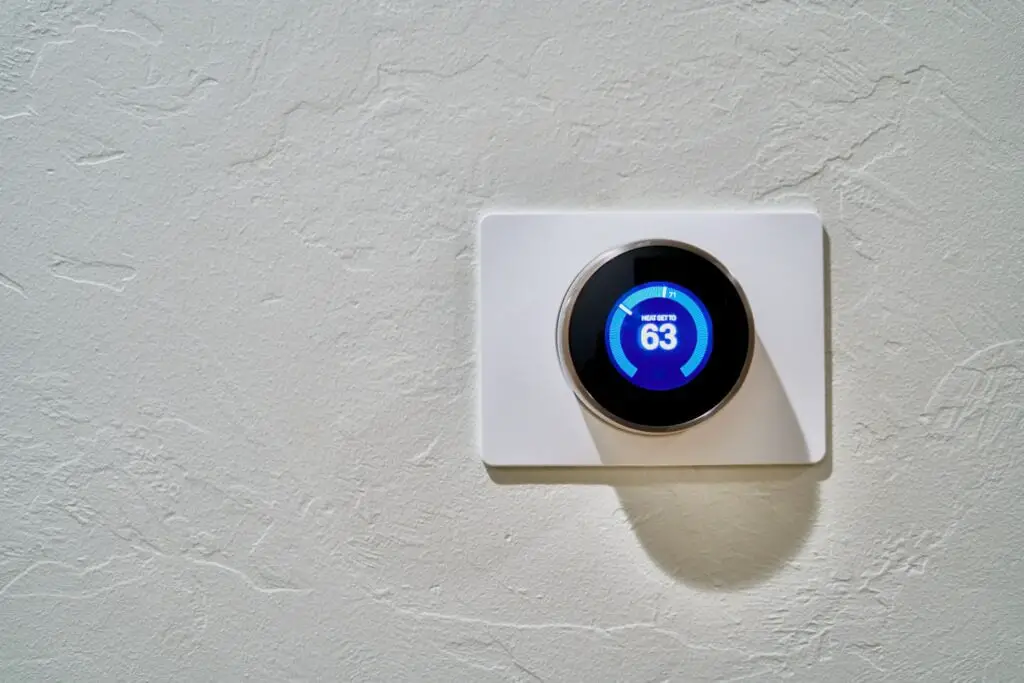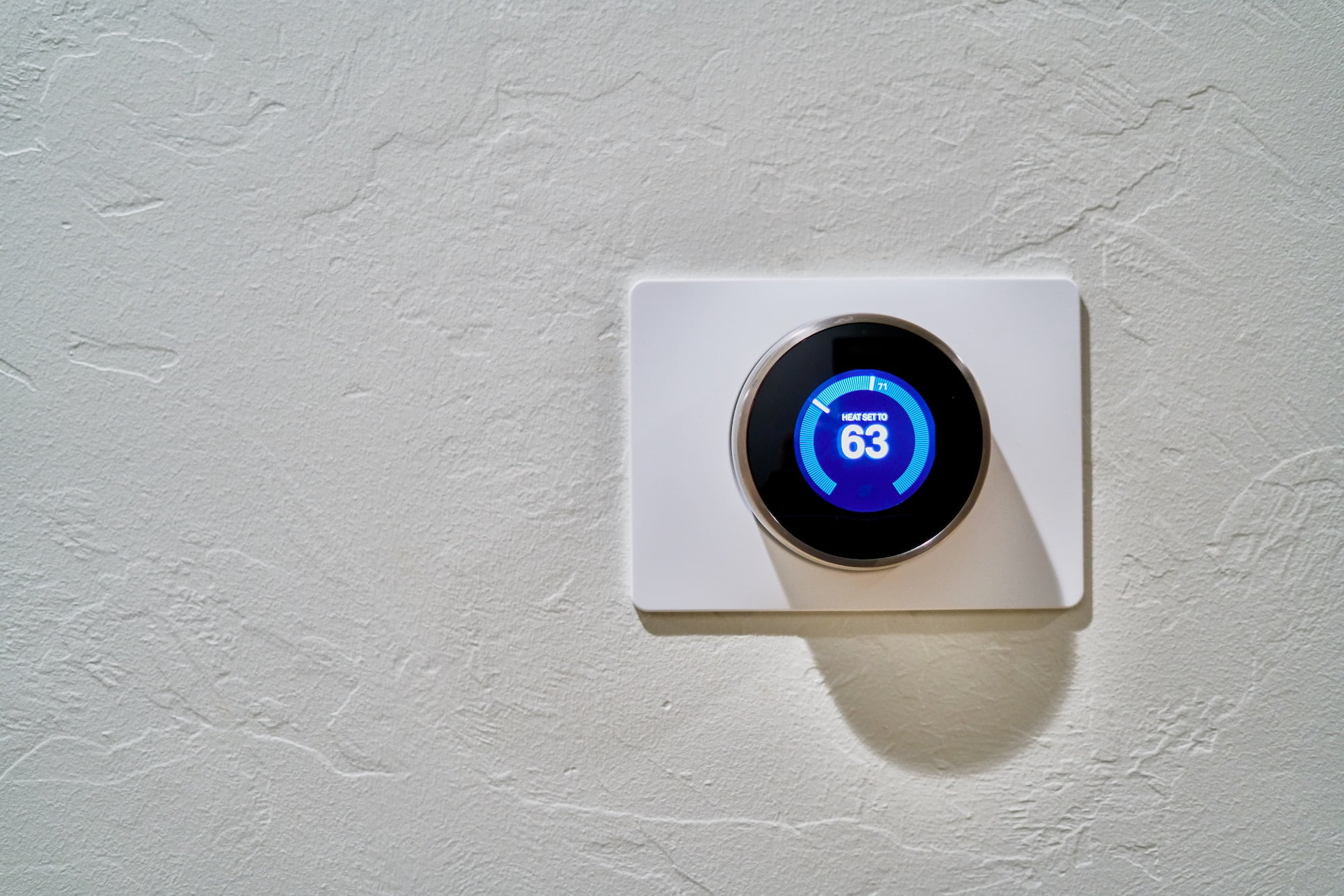Energy conservation is not only beneficial for the environment but also for your wallet. Reducing your energy consumption at home can significantly lower your utility bills and lessen your carbon footprint. Here are some practical home energy saving tips to help you save energy, cut costs, and live sustainably.

Switch to Energy-Efficient Lighting
Traditional incandescent bulbs consume more energy and have a shorter lifespan than energy-efficient alternatives such as LED or CFL bulbs. Switching to energy-efficient lighting can reduce your energy consumption and save you money in the long run. Look for ENERGY STAR-rated bulbs offering the best energy savings and quality.
Seal Drafts and Insulate Your Home
Sealing drafts and properly insulating your home can prevent heat loss during winter and keep your home cool during summer, reducing the need for heating and air conditioning. Caulk and weatherstrip doors and windows, add insulation to walls and attics and seal gaps around electrical outlets, pipes, and vents.
Install a Programmable Thermostat
A programmable smart thermostat allows you to set different temperatures for different times of the day, helping you save energy by automatically adjusting the temperature when you’re away from home or asleep. Optimizing your heating and cooling schedule can reduce your energy consumption and save on your utility bills.
Use Appliances Efficiently
Appliances account for a significant portion of your home’s energy usage. Here are some tips for using them more efficiently:
- Wash clothes with cold water and use the shortest appropriate cycle.
- Clean the lint filter in your dryer after every use and air dry clothes when possible.
- Only run the dishwasher when it’s full and use the energy-saving or eco mode.
- Unplug chargers and electronic devices when not in use, or use a smart power strip to cut off standby power.
Upgrade to Energy-Efficient Appliances
When it’s time to replace your appliances, consider upgrading to energy-efficient models. Look for the ENERGY STAR label, which indicates that the appliance meets strict energy efficiency guidelines set by the U.S. Environmental Protection Agency. Energy-efficient appliances may cost more upfront, but long-term energy savings can offset the initial investment.
Practice Smart Heating and Cooling
Heating and cooling account for a significant portion of your home’s energy usage. Here are some tips to save energy:
- Close curtains or blinds during the hottest part of the day to block the sun’s heat.
- Use ceiling fans to circulate air and reduce the need for air conditioning.
- Install a ceiling fan with a reversible motor to push warm air down during winter.
- Clean or replace your HVAC filters regularly to maintain system efficiency.
Install Solar Panels
Installing solar panels on your home can help you generate clean, renewable energy and reduce your reliance on grid electricity. Depending on your location and the size of your solar system, you may be able to offset a significant portion of your energy consumption and save money on your utility bills.
Plant Trees and Landscape Strategically
Planting trees and landscaping strategically can help you save energy by providing shade in the summer and acting as a windbreak in the winter. Plant deciduous trees on your home’s south and west sides to block the sun’s heat during the summer and allow sunlight to enter your home during the winter.
Regularly Maintain Your HVAC System
Regular maintenance of your heating, ventilation, and air conditioning (HVAC) system can improve efficiency and prolong life. Schedule annual check-ups for your HVAC system and consider hiring a professional to clean your ducts and vents.
Get a Home Energy Audit
A home energy audit can help you identify areas where your home is losing energy and recommend improvements to increase efficiency. Many utility companies offer free or low-cost energy audits, or you can hire a professional energy auditor to assess your home’s energy usage and provide tailored recommendations.
Invest in a Smart Home System
A smart home system can help you save energy by allowing you to control your appliances, thermostat, and lighting remotely. You can monitor your energy consumption, set schedules, and make adjustments from your smartphone, tablet, or computer. This can help you optimize energy usage and save money on utility bills. Our sister website, The Smart Home Spot, has more.
Use Energy-Efficient Windows
Installing energy-efficient windows can help reduce heat loss during the winter and keep your home cooler during the summer. Look for double or triple-pane windows with a low-emissivity (low-E) coating, which can significantly improve your home’s insulation and energy efficiency.
Insulate Your Hot Water Heater
An uninsulated hot water heater can waste energy by losing heat to the surrounding air. Insulating your hot water heater with a blanket can help reduce heat loss, lower energy consumption, and save money on utility bills.
Install a Solar Water Heater
A solar water heater uses the sun’s energy to heat water, reducing your reliance on gas or electricity for hot water production. While the upfront cost of a solar water heater can be high, long-term energy savings can make it a worthwhile investment.
Educate Your Family
Educating your family about energy conservation and involving them in your energy-saving efforts can help create lasting habits that contribute to a more sustainable lifestyle. Teach your children to turn off lights when they leave a room, unplug electronics when not in use, and be mindful of water usage.
Wrapping Up
Implementing these home energy-saving tips can help you reduce your energy consumption, save money on your utility bills, and contribute to a more sustainable future. Start by making small changes and gradually incorporate more energy-saving practices into your daily routine. As you see the benefits, you’ll be more motivated to continue making eco-conscious choices for your home and lifestyle.

